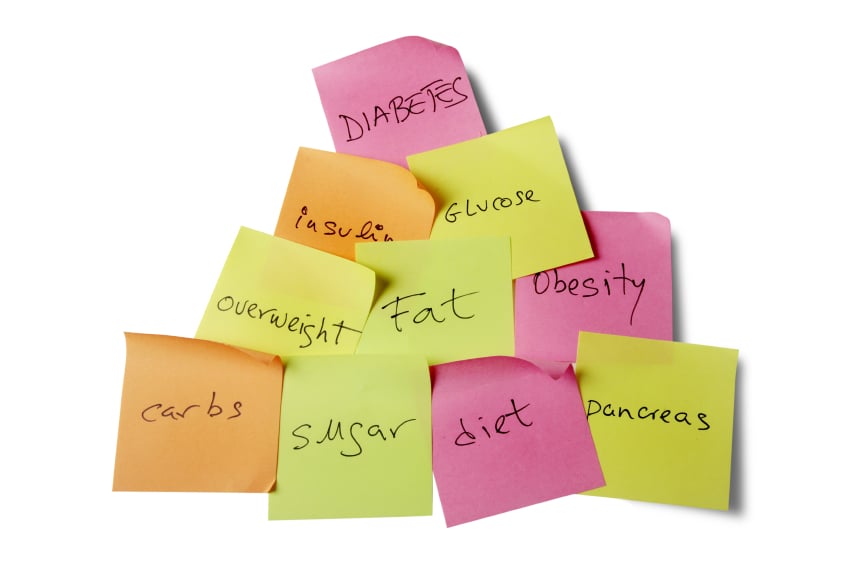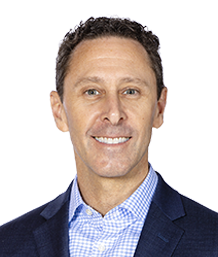What Is The Real Cause of Diabetes - Causes of Diabetes

Although pre diabetes and diabetes may sound like different conditions, the reality is, they are actually the same disease with the same risks. Yet, many people don’t take controlling their blood sugar seriously until they are actually diagnosed with diabetes.
What causes diabetes? It's high blood sugar, isn't it? Actually, That's not the real case of diabetes.
The real cause of Diabetes is excess insulin, not excess blood sugar. In other words, high blood sugar is a symptom, but not the root cause.
What is Insulin?
Insulin is the hormone responsible for reducing blood sugar. In order for insulin to work, our tissues have to be sensitive to its action; otherwise, tissues become resistant and insulin struggles to clear out sugar from the blood. As insulin resistance sets in, the first organ to stop responding to insulin is the liver, followed by the muscles and eventually fat. How does insulin resistance begin? The root of the problem is our diet.
After eating carbohydrates, the carbs break down into sugar, trigger the pancreas to produce insulin and are then stored in the liver and muscles. However, there is a limit to the amount of sugar the liver and muscles can store. The easiest way to understand this is to think of your liver and muscles as small closets without much storage space. If sugar keeps coming in, the closet will quickly fill up.
As a result, insulin escorts the excess sugar that cannot “fit” into the liver and muscles into fat cells, where it is converted into fat and stored. And since eating carbohydrates ultimately raises insulin levels, “carbavores” can count on having enough insulin for this process.
What is Insulin Resistance?
But what happens when fat finally becomes resistant to insulin? For instance, what if a lot of sugar is outside of a fat cell but can't get inside to be stored as fat? The sugar will remain in the blood. This causes your blood sugar to begin rising – AKA prediabetes and diabetes.
How can you keep your tissues sensitive to insulin? Eat a diet lower in carbohydrates, move and stay lean. This means that the more cereal, bread, rice, pasta and potatoes that you eat, the more likely you are to provoke insulin resistance.
So, if your doc says that you're a pre diabetic, it means that everything I just explained has ALREADY happened and your insulin resistant. By the way, 20 percent of people with sugar issues are thin and referred to as metabolically obese or “skinny fat.”
Remember, as long as your insulin level is elevated, you can't burn fat and will likely struggle to lose weight. What's a good insulin level? Although less than nine is reasonable, the lower number the better. Any doctor can order this test and it should be done fasting.
OK, so your insulin level is high. How can you lower your insulin levels? You’ll have to reduce your intake of carbohydrates. If you want to keep track, shoot for less than 100 grams daily. Below are approximate carbohydrate grams for a few common foods.
- 1 bagel = 50 grams
- 2 pieces of bread = 30 - 35 grams
- 1 ripe banana = 25 - 30 grams
- 1 bowl of grapes = 25 - 30 grams
- 1 bowl of berries = 5 grams
Foods like butter, coconut oil, avocado and the fat in nuts and meats have ZERO effect on insulin level and on weight in general. You may be surprised to learn that protein raises insulin; so, if you're a carbavore and eat a lot of sugar/starch, your body is probably very efficient at converting excess protein to sugar.
Exercise and Insulin Resistance
Can you “exercise your way” out of this problem? Sometimes you can; however, the key is exercising properly. For younger patients, it is best to exercise briefly and intensely. Within the first 20 minutes of intense exercise, your body burns its sugar stores, which are hanging out in liver and muscle again. After that, you start burning fat. Although this sounds good; and to some extent it is, if you spend hours running or exercising excessively, you train your body to burn fat efficiently, which subsequently leads to also training your body to store fat efficiently.
Alternatively, if you hit it really hard for 20 minutes or so, you may never enter the fat-burning phase of exercise. Consequently, your body becomes more efficient at storing sugar (in the form of glycogen) in your liver and muscles, where it is needed, as glycogen is the muscles’ primary fuel source. If your body is efficient at storing and using glycogen, it means that it is not storing fat.
However, it is not recommended that you exercise intensely, consider walking or using the elliptical machine. When developing an exercise plan always factor in your limitations and safety.
The take-home message is that exercise lowers insulin levels, which is why IT LEADS TO WEIGHT LOSS. You’re not sweating off the fat. In fact, the intense exercise can have a residual fat-burning effect that can last up to TWO DAYS!
So, how do I control my carbs? Between 90 and 95 percent of the time, I eat a Paleo diet. Learn more by reading my Paleo diet blog.





